Which is best? Ionizer or PEM?
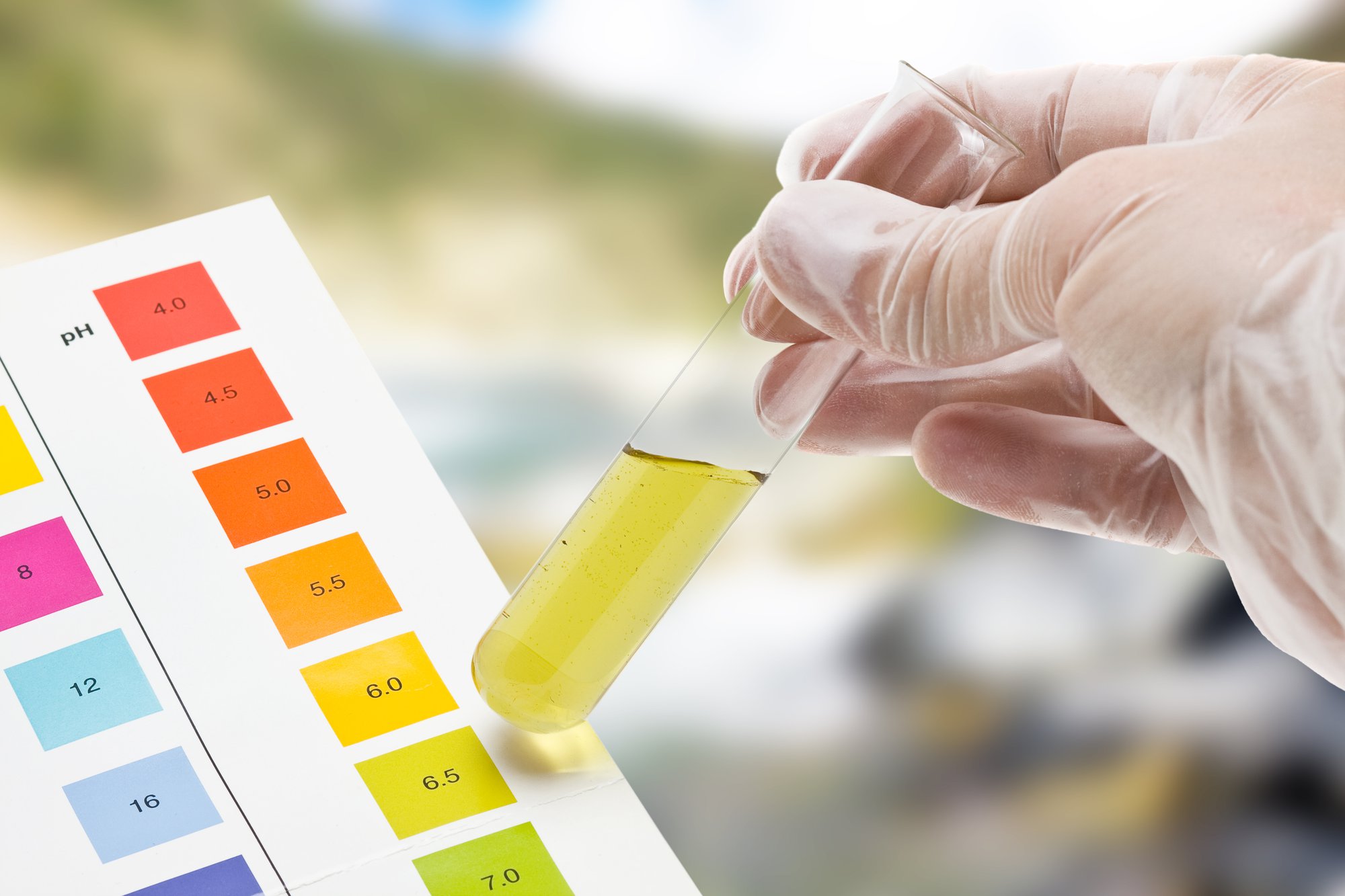

Which is best? Ionizer or PEM?

In today's technology-driven world, smartphones have become an integral part of daily life, especially for adolescents. While these devices offer numerous benefits, their pervasive presence in schools has sparked debates among educators, parents, and policymakers. Recent studies shed light on the extent of smartphone use during school hours and its implications for students' academic performance […]
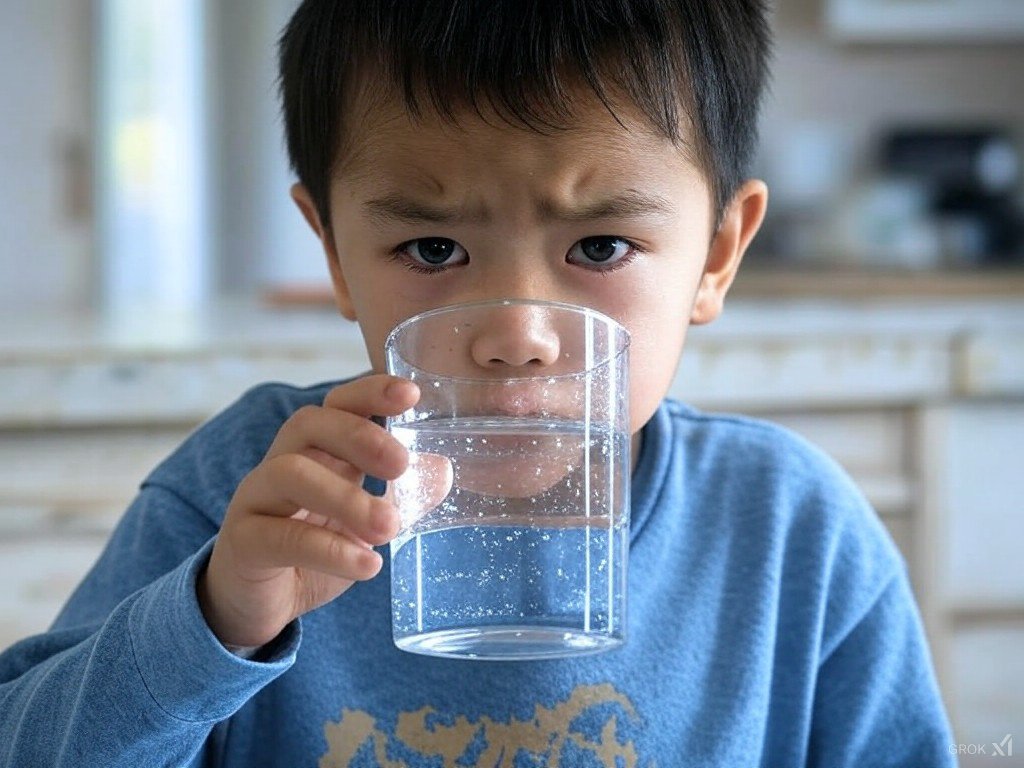
“Wait! The water’s got PFAS!” You pause, mid-cannonball, and think, “P-F-what now?”

Ah, water—the elixir of life, the clear, refreshing beverage that makes up about 60% of our bodies and 100% of our puddles. We sip it, bathe in it, and occasionally curse it when it ruins our smartphones. But lately, a question has been bubbling up: Should we be worried about our drinking water? Let's take […]
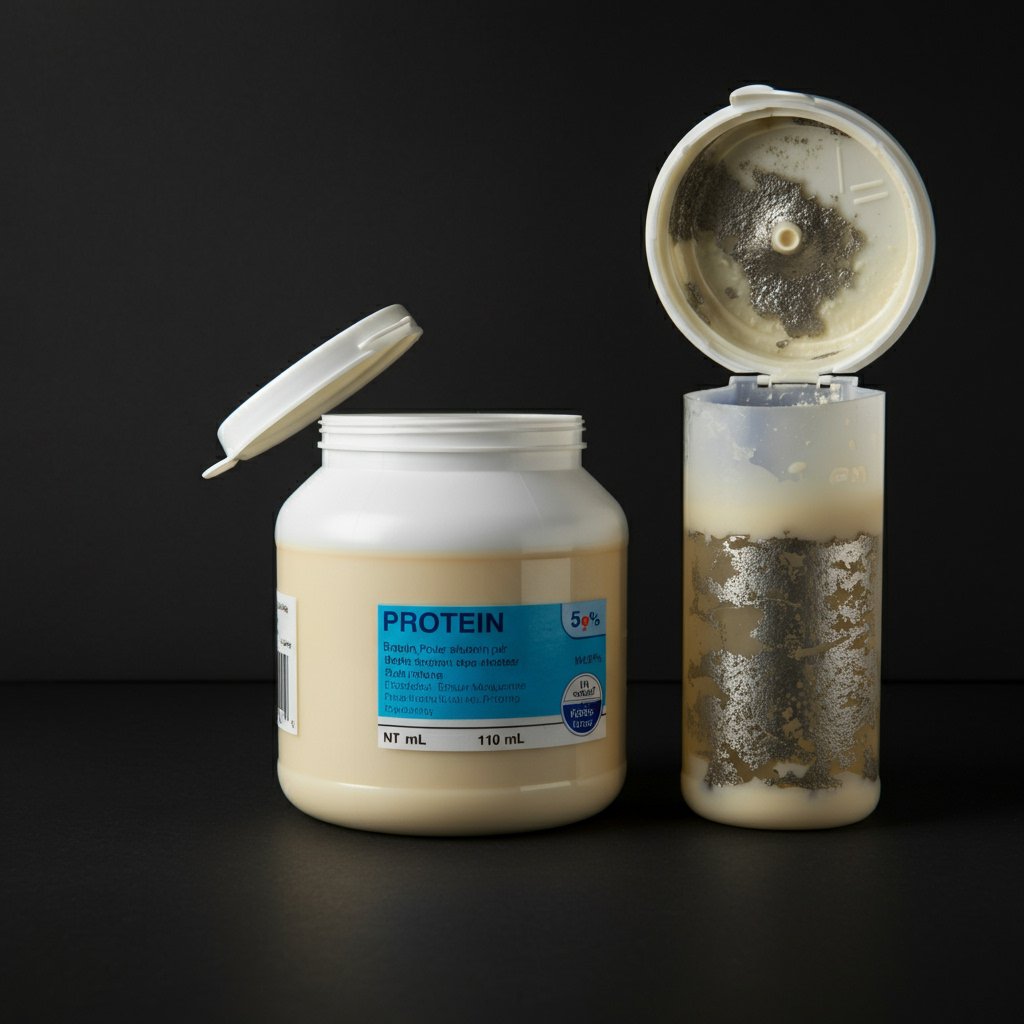
Protein Powder? Heavy Metals? Hmm.. Alkabalance!
With thanks to Scott Compton via Bill Syraja Folks, Terrain Theory is awesome and it's a great approach to live systems, but we must keep in mind that Germ Theory simply doesn't "go away" and you can knee-jerk conclude because of Terrain theory that "viruses don't exist" to fit your paradigm. Both Terrain and Germ […]

Discover the transformative power of Electrolyzed Oxidizing Water (EOW) in home disinfection. This article delves into the science behind EOW, its optimal pH levels, and practical applications across various industries, ensuring a safer and cleaner environment.
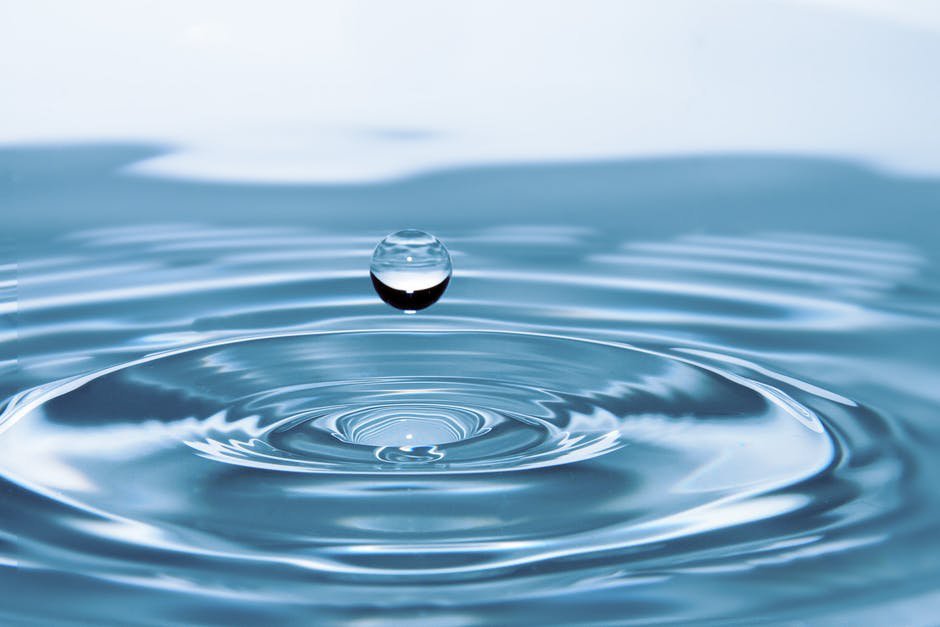
Alkaline Balance: is it a real thinga/
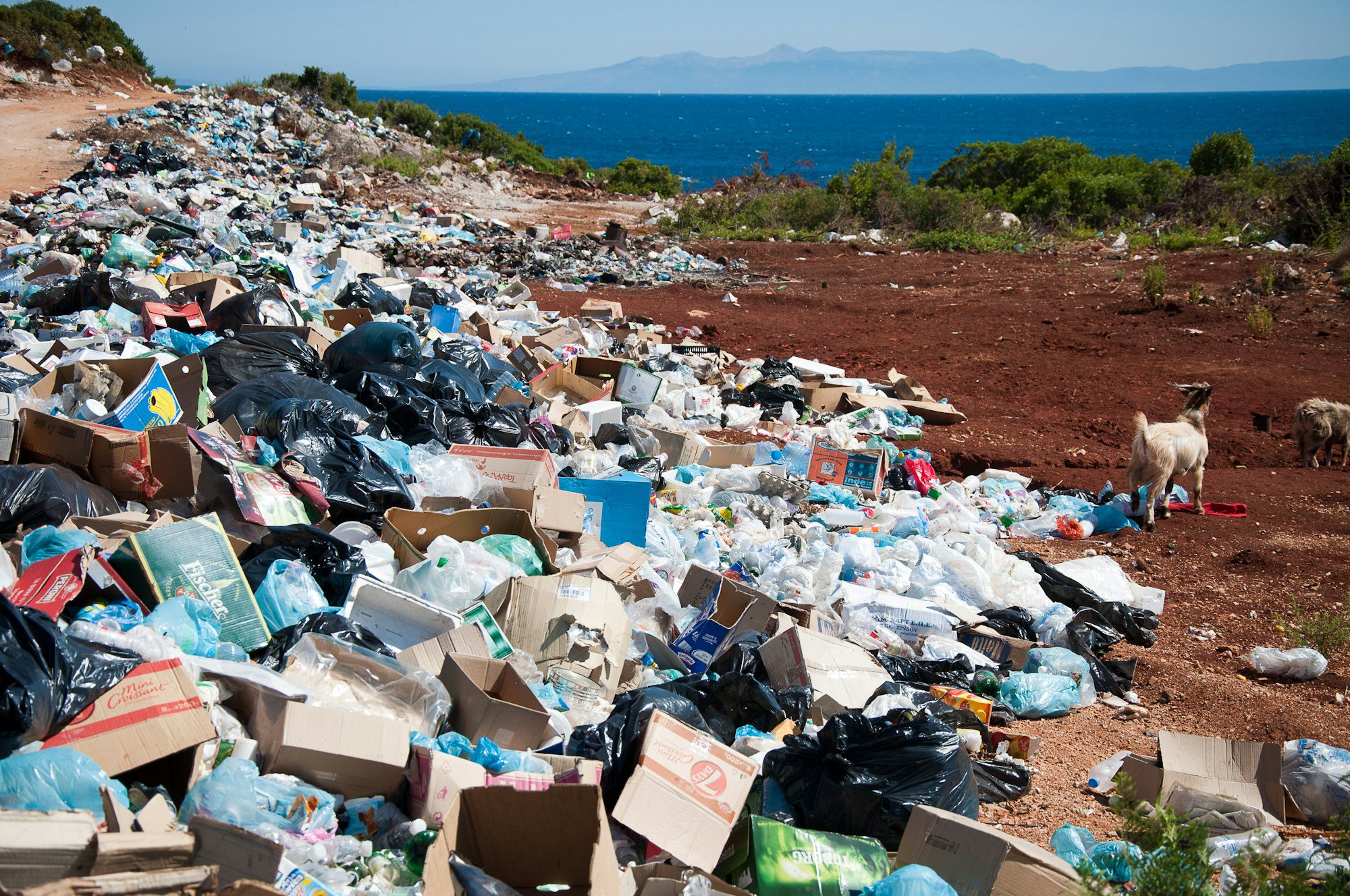
Recent research from the University of Technology Sydney reveals alarming levels of nano and microplastic particles in human and bird respiratory systems. This study underscores the urgent need for strategies to mitigate exposure, emphasizing the importance of clean air and reduced plastic use for better respiratory health.

Recent research has uncovered microplastics in human testicles, raising critical concerns about male fertility. The study found these particles in every sample tested, suggesting potential interference with sperm production. Addressing plastic pollution is essential to safeguard future generations’ health and reproductive capabilities.